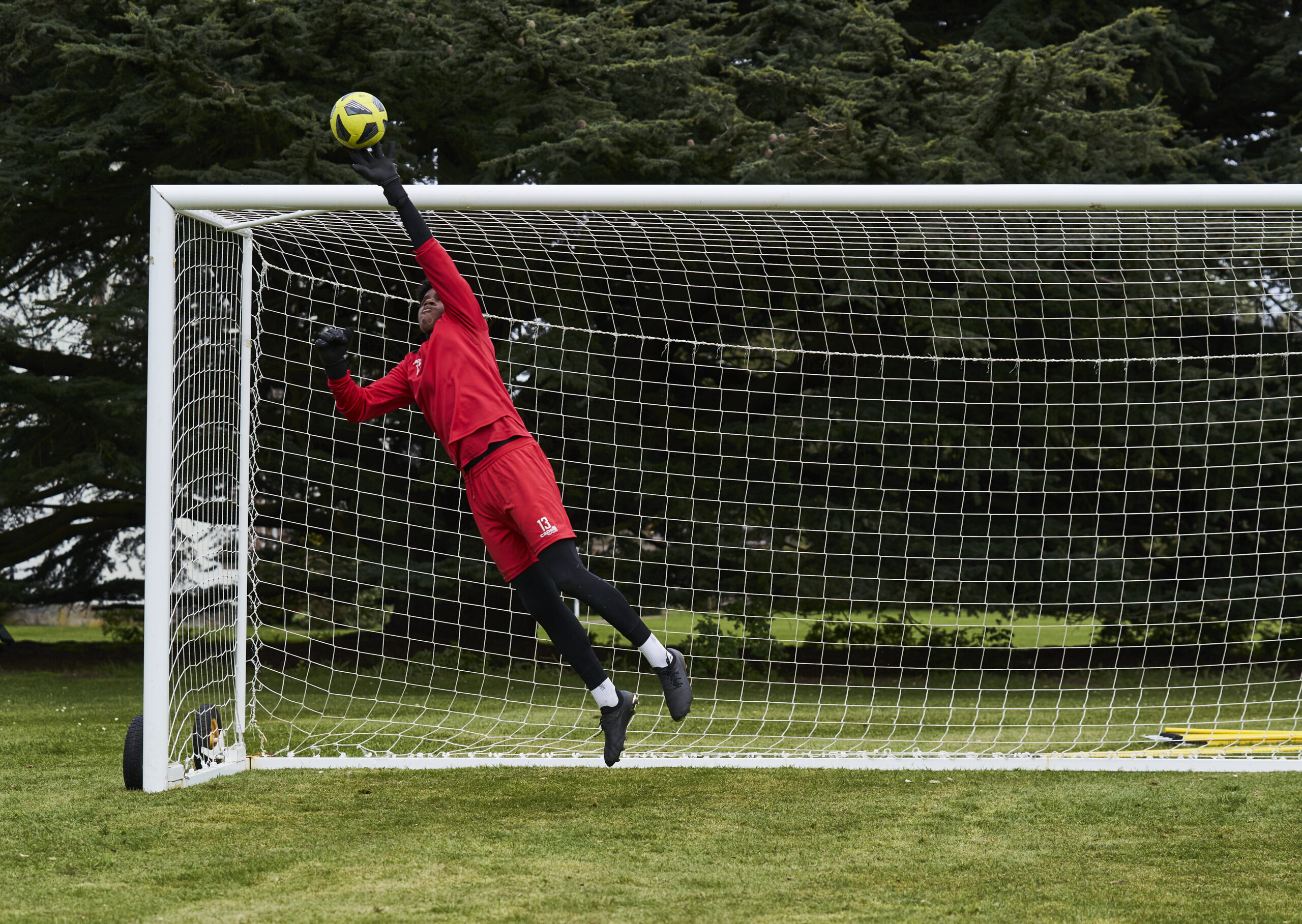How to Impress Your Football Coach – 5 Key Tips from a Premier League Professional
As someone who has played professionally for 19 years, including in the Premier League, and now works as a UEFA Pro Licensed Coach, I’ve seen countless players come through the system. Some stand out straight away—not necessarily because they are the most talented, but because they know how to conduct themselves on and off the pitch.
If you want to impress your football coach—whether at grassroots, academy, or trial level—certain qualities will always make you more noticeable. These are the five key traits I always look for when working with aspiring players.
Effort
The number one thing you can control as a player is your effort. It is not enough to work hard in matches—you have to bring the same intensity to every warm-up, drill, and training session. Coaches notice the players who give everything, even when the activity seems simple or repetitive.
Effort is about consistency. Turning up early, doing your extras, giving full commitment in small-sided games, and always being switched on will put you ahead of 90 percent of players. Natural talent without work rate is quickly found out.
Work Rate
Effort and work rate go hand in hand, but there is a slight difference. Effort is your general commitment; work rate is how much ground you cover, how much you press, and how much you contribute defensively and offensively.
A player who constantly tracks back, presses high, helps teammates, and recovers quickly after losing the ball shows character and reliability. Coaches are drawn to players who never stop moving and are willing to put in the hard yards for the team.
Body Language
One of the most overlooked areas in football development is body language. I have seen technically gifted players go unnoticed because they slouched around the pitch or dropped their heads after mistakes.
Good body language means standing tall, staying vocal, and being confident even when things are not going your way. Coaches take notice of those who respond positively to challenges and setbacks.
Energy
Your energy affects the entire group. A player who brings positive energy, intensity, and encouragement lifts those around them. Energy is contagious. Whether you are a naturally quiet or loud personality does not matter—what matters is that your energy contributes to the atmosphere in a session.
When a coach sees a player consistently bringing good energy, it gives the impression of someone serious about their development and capable of improving others too.
Attitude
Attitude is everything. I want to work with players who are hungry to improve, who listen, take on feedback, and show humility.
Players with the right attitude are open to learning, eager to take responsibility, and respectful of their teammates and staff. A poor attitude—even in a talented player—can become a barrier to progress.
Impressing a coach is not about scoring a wonder goal or being the flashiest player on the pitch. It is about showing that you are reliable, hardworking, and mentally ready to take the next step. The players who move forward in football are often not the ones who make the most noise. The ones who consistently show effort, discipline, and a willingness to grow.



No Comments yet!